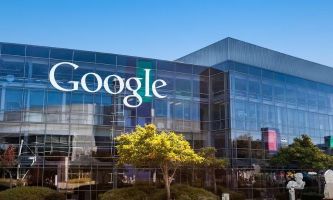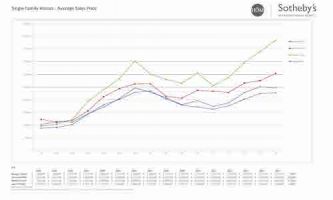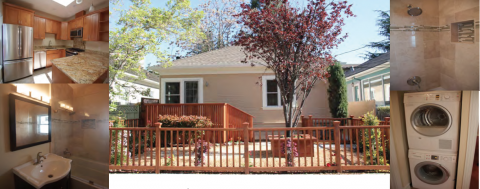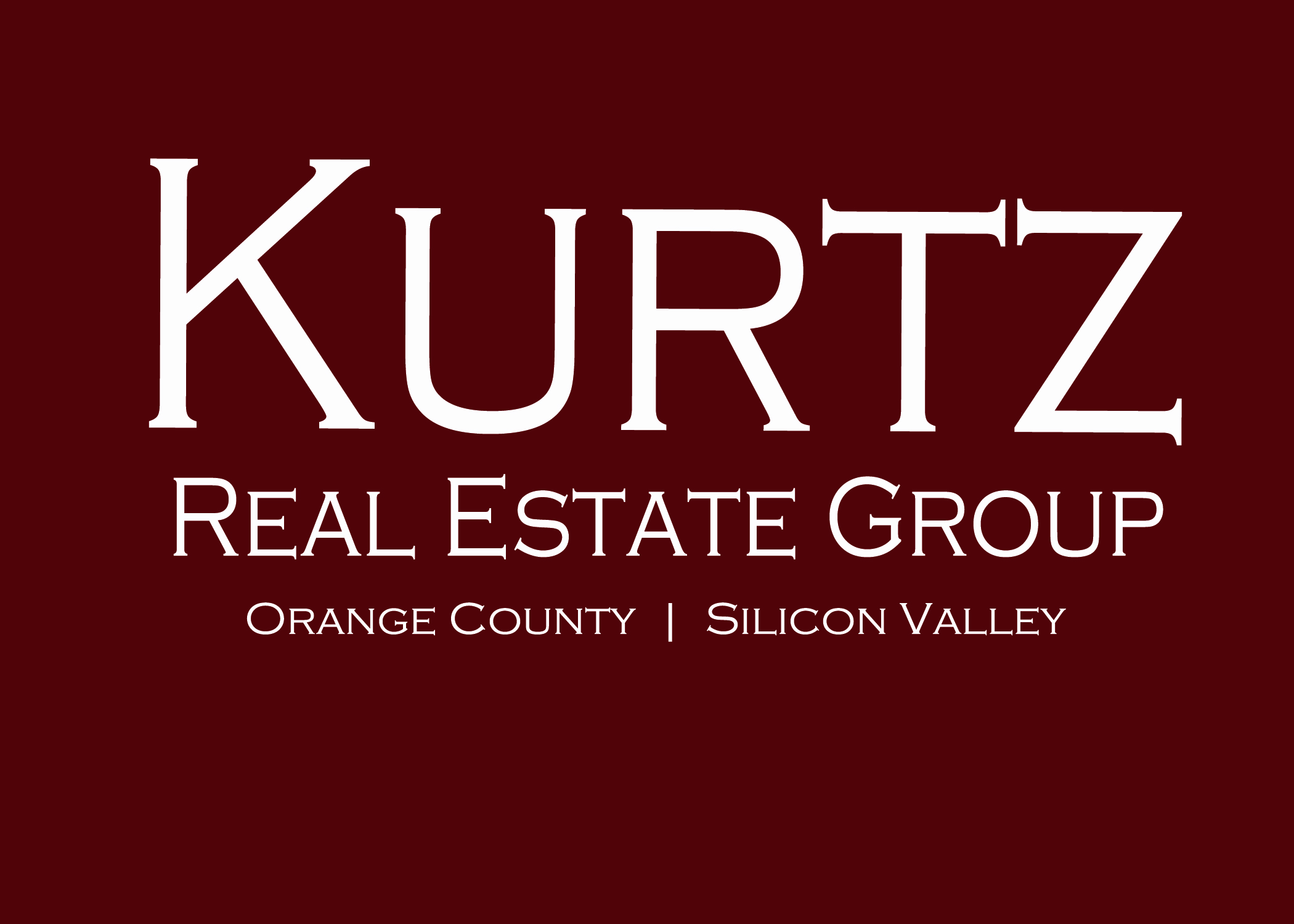
Having worked in Silcon Valley for years and also being a native Southern Californian has me with my heart in two places. So, when I see comparisons of SoCal vs Norcal and especially in the tech world, I get excited to see more movement down to Southern California as tech/startup world is very exciting. This obviously has a major effect on real estate prices and investment properties. A good friend of mind, Art Shariff posted this article and I couldn’t resist showing excerpts to my followers. I tried to link to his page, but it couldn’t be done as it’s on LinkedIn. So, I hope you enjoy.
A hipster sips a flat white and leers at the techie at the next table. A 20-something with hairy legs and a flower in her hair grouses about rent. Lofts are being built where a family shop stood for generations and an old-timer laments the neighborhood that was.
Welcome to Silicon Beach. This isn’t San Francisco, but it’t sure starting to feel like it.
The divide between northern and southern California cuts deep, a rivalry that bangs on about sports teams, colleges, traffic, weather, jobs, women in bikinis, men in chaps. You name it, the two sides bicker about it. One particular battle front “the tech scene” has long been dominated by the Bay Area, but the Westside of Los Angeles County over the past few years has emerged as a contender.
“I’ve never seen anything like this in my 25 years” said Trevor Belden, a commercial real-estate agent who played a role at brokerage Industry Partners in placing the likes of Uber and Snapchat in various locations across the Westside, which loosely comprises western neighborhoods of Los Angeles plus the cities of Santa Monica, West Hollywood and Venice. “There is absolutely no doubt in my mind that eventually Silicon Beach will be mentioned in the same breath as Silicon Valley as the world’s leading technology hub. It’s already happening”.
Of course, there’s still a long, long way to go. To get a sense of the dominance the neighbors to the north have on fostering startups, just check out these numbers: In 2014, the Los Angeles area struck 171 venture capital deals for a total of $2.05 billion, according to the National Venture Capital Association. That’s enough to put it in the top five for the first time ever.
The city of San Francisco, in the top spot, posted 876 deals for a record total of $17.74 billion — and that number doesn’t even include the San Jose area (#2), which would tack on another $6.88 billion.
It was a huge year all around, with megadeals like Uber and Tango securing Silicon Valley’s position as the unassailable leader in launching future tech leaders. But many are starting to believe that Los Angeles has what it takes to continue to draw some of the hefty tech players to its sunny coast.
Google one of the companies that makes up the heart and soul of Silicon Valley, is going all out to establish a big So Cal presence. The Venice office is already a staple in the explosive Westside scene, and now, with the purchase of 12 acres in nearby Playa Vista, Google is joining a herd of tech notables in expanding L.A.’s tech boundaries.
Google’s Los Angeles jobs page asks the question: “Who needs Silicon Valley when you can have Silicon Beach?” More and more seem to be asking the very same thing.
LinkedIn is rumored to be in the market for a huge space, according to real-estate-industry sources. A spokesman for LinkedIn, however, flatly denied the claim. Twitter, which opened a Santa Monica office last year, is said to be looking to expand, as well. The company declined to comment.
Apple is also sniffing around, the sources said, though a spokesman gave only a “no comment.” Last year, Apple was reportedly looking at “several hundred thousand square feet” in downtown Los Angeles. Apple already has corporate space in L.A. with its Beats acquisition.
Tablet maker Fuhu, named Inc. magazine’s fastest-growing private company two years running, set up shop six years ago in El Segundo, a town best known for its Chevron refinery and a history as an aerospace hotbed. The runner up on the 2014 list, Quest Nutrition, is also based there. The rate of growth at these two companies — in Fuhu’s case, an incredible 158,957% sales surge over the previous three years to almost $200 million — is a reflection of the area’s transformation.
Indeed, the marriage of tech and media has proved a successful one in the age of everything social.
El Segundo and Playa Vista, home to Facebook, YouTube, Microsoft and soon Yahoo and the aforementioned Google campus, are key to Silicon Beach’s next phase of growth. The area just south of Venice has it all. It is more affordable than Santa Monica and the Bay Area, has space to grow and is right next to the airport. Throw in its traffic-skirting proximity to some of the more attractive areas to live, like Manhattan Beach and Hermosa Beach, and it is not hard to foresee a continued boom.
“These sleepier coastal towns are seeing investment pour in from huge institutional players who previously focused solely on San Francisco and Manhattan,” Belden said. “They watched the growth, and they know the amount of seed capital that is funding these companies.”
Snapchat is one of the engines driving the change in Venice. The messaging app company’s latest move is to snap up 40,000 square feet of prime real estate, displacing dozens of other renters, according to the Los Angeles Times. Hence some of the inevitable bitterness.
“Has it changed? Are you kidding me? It’s a completely different scene,” said Brad Agens, a digital advertising consultant and resident of two decades. “Venice went from a grubby place to live for those who couldn’t afford Santa Monica, to the hippest part of town. But in the past few years, all the tech and money is drastically altering the place, and I’m not sure for the better.”
He added that the small apartment he rented back in 1997 for $800 is probably going for more than $4,000 now. “Google really seemed to change everything when it moved in,” Agens added. He may not be sure if the area is better off now, but, as the landlord of a house in Venice, his financial situation has directly benefited from the transformation.
Silicon Valley may never be caught, at least in perception. From Steve Jobs to Bill Hewlett and on to the latest crop of young guns, there is just too much history and lore there. The reality, however, is that L.A.’s tech scene is taking off faster than anyone could have imagined a decade ago, and it continues to close the gap, one Snapchat and one Fuhu at a time.
“This certainly has the potential to be the tech/entertainment hub. But a pure tech hub? I don’t think people down here necessarily even strive for that,” Fuhu’s Mitchell said.
The parting shot: “Here, it’s more about building great companies than cashing in and searching for the next big thing. It’s much more collaborative than it is in the Valley, where people jump from company to company. Their options vest, and they’re out.”
And the rivalry lives on.






















